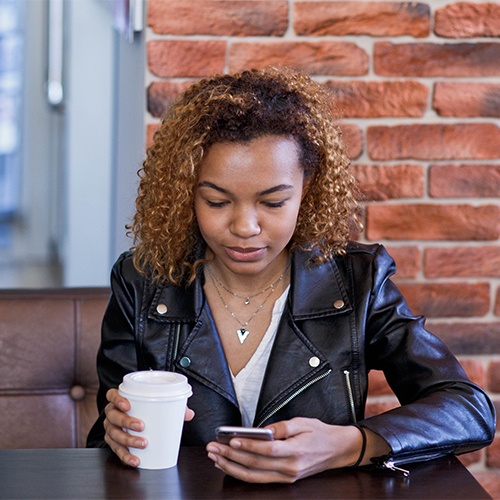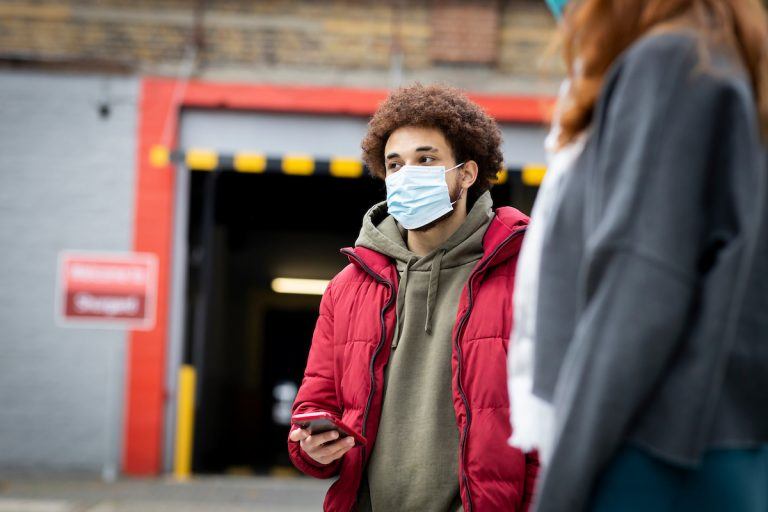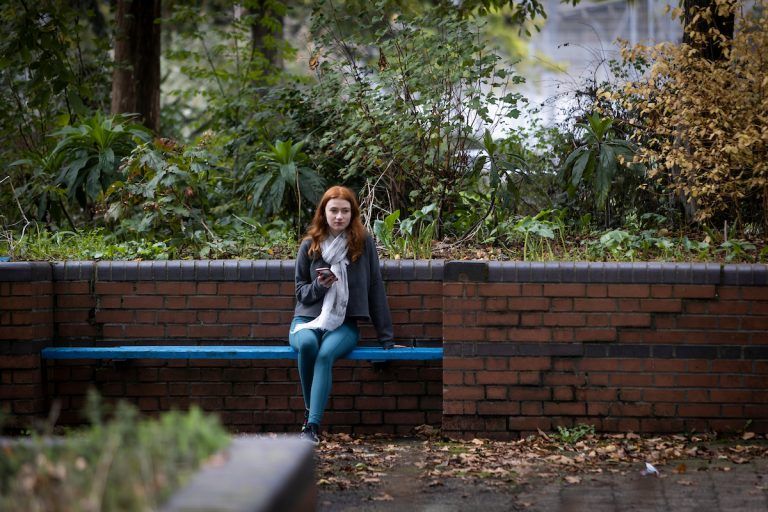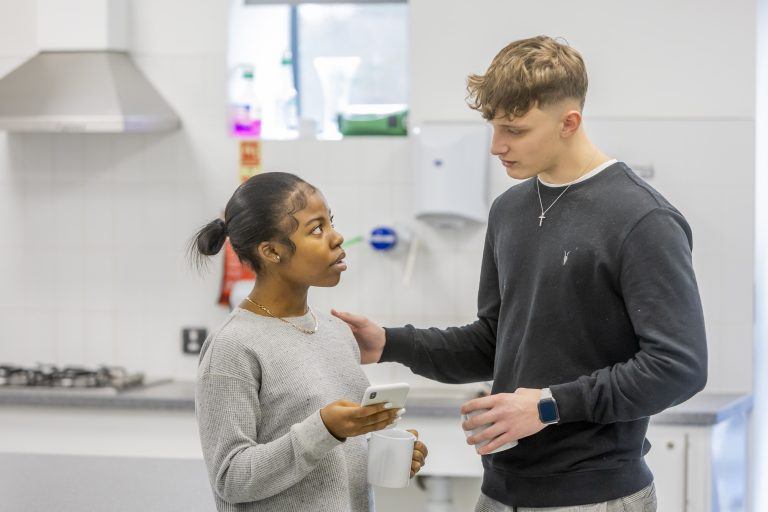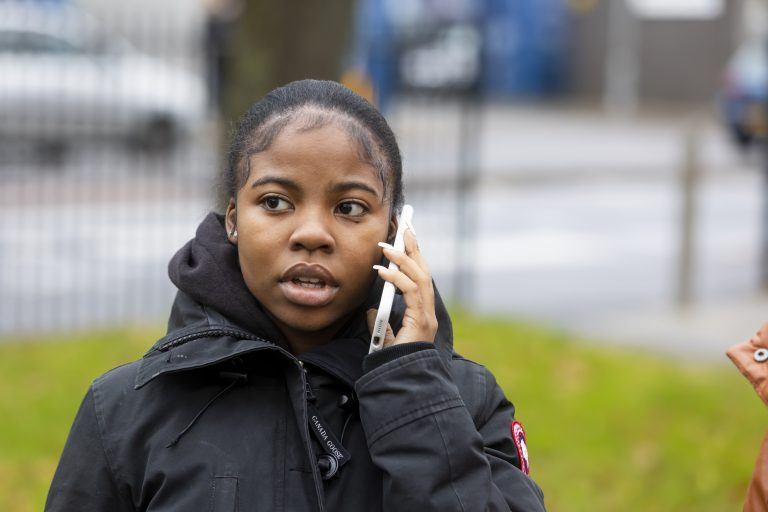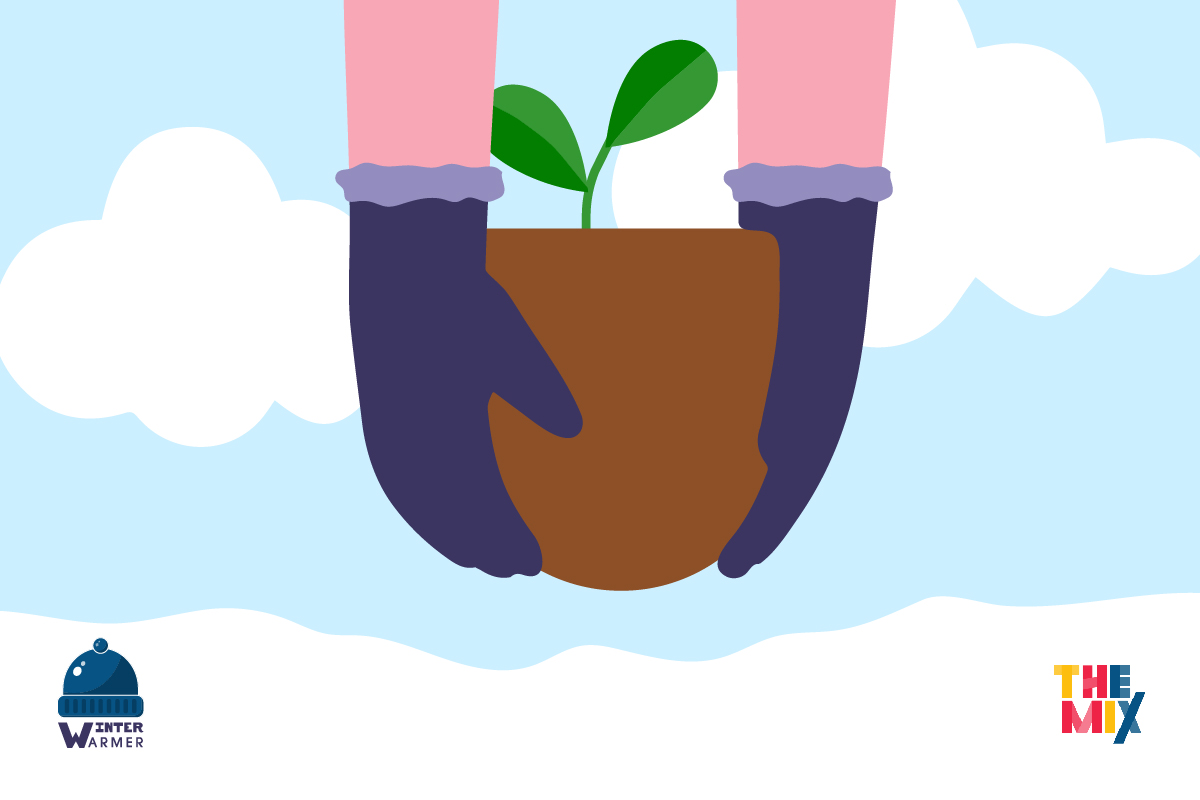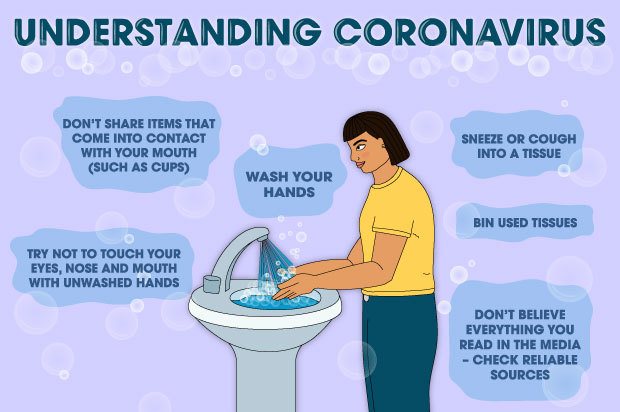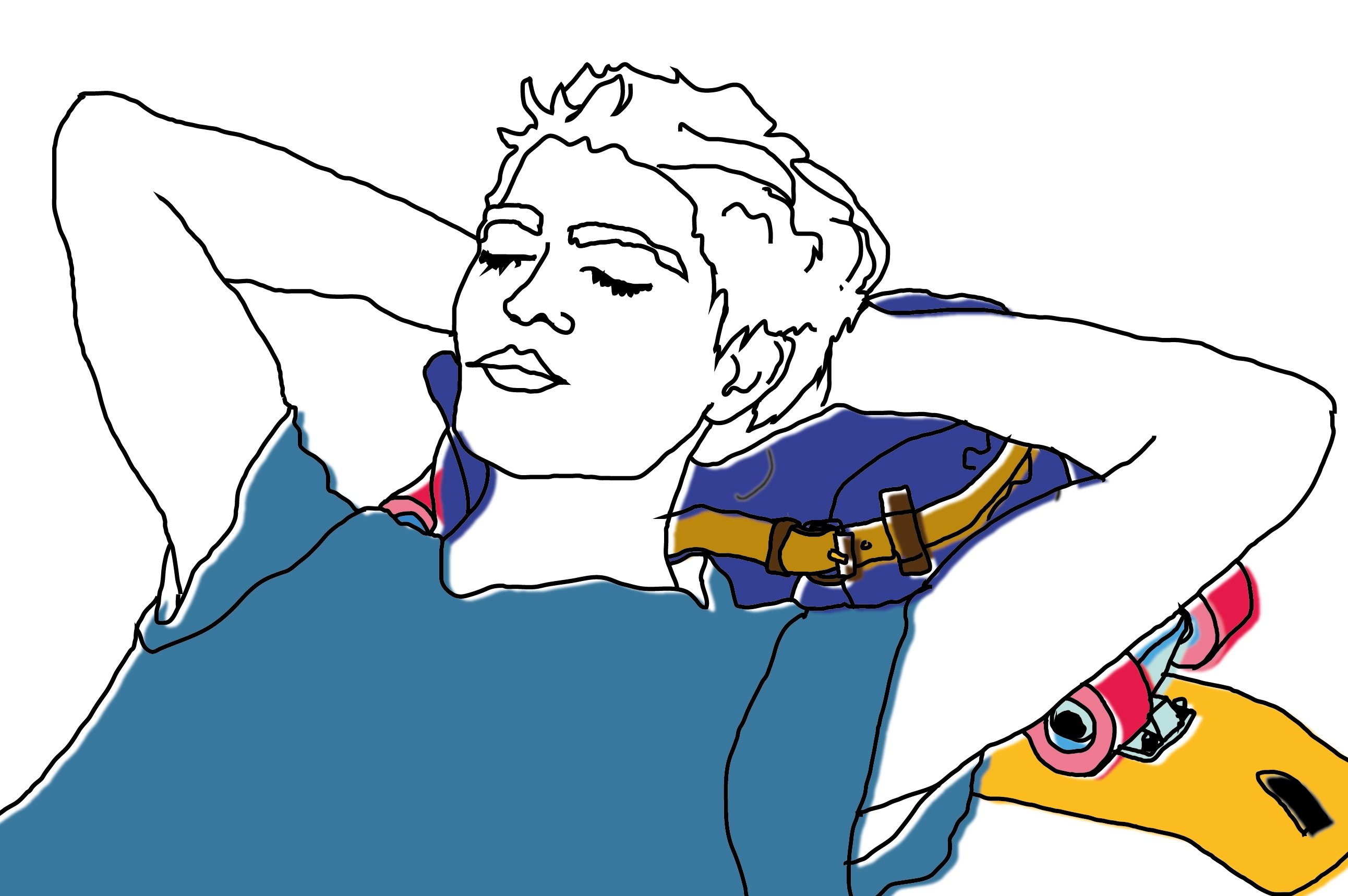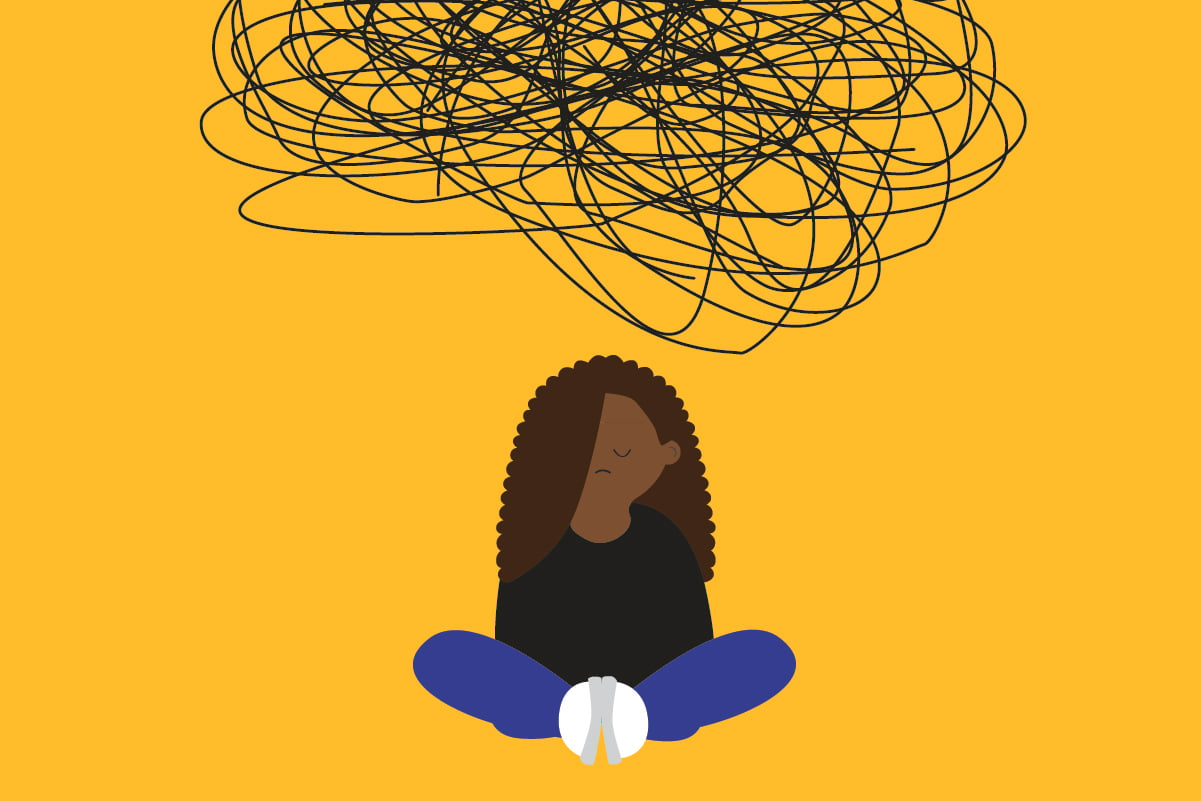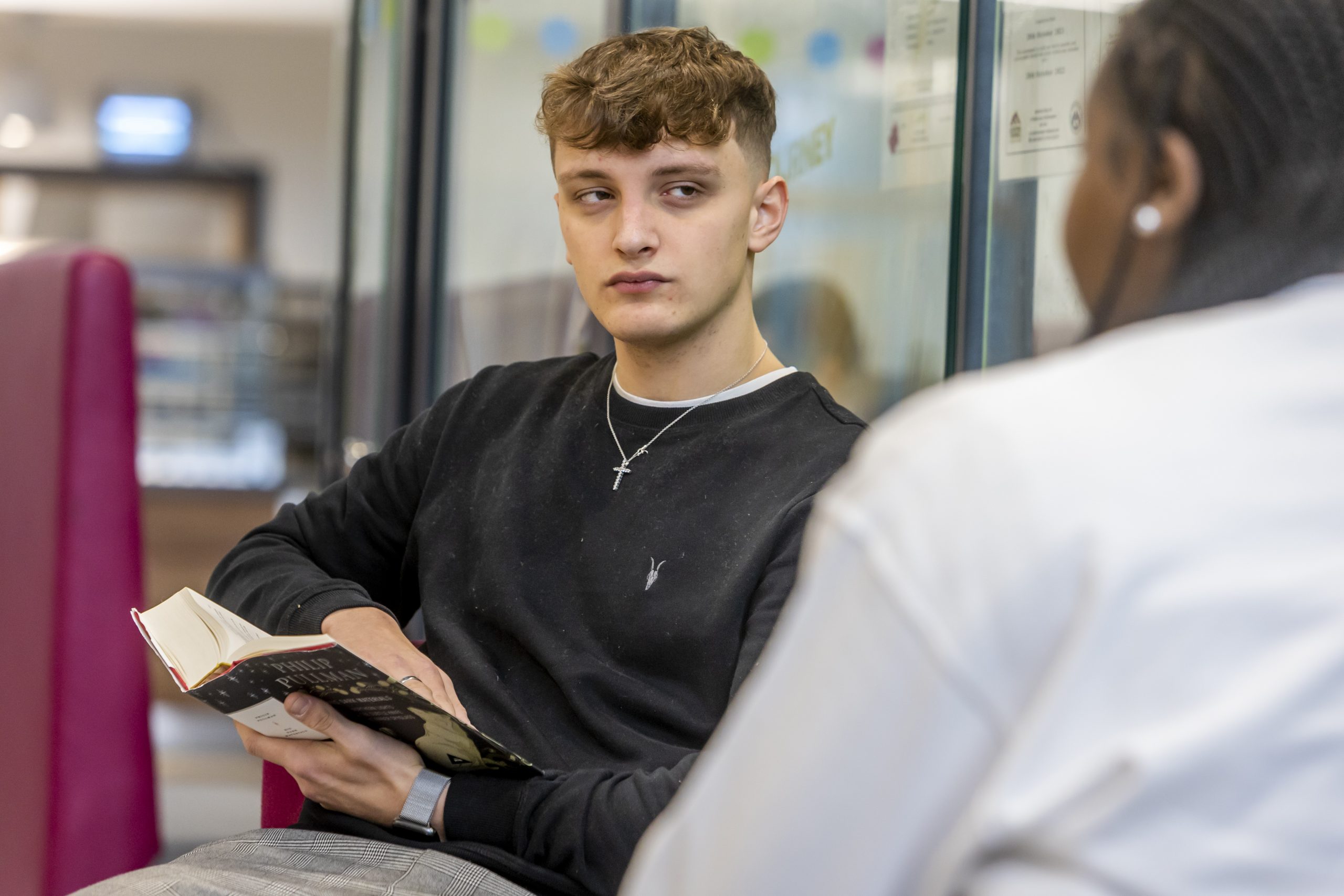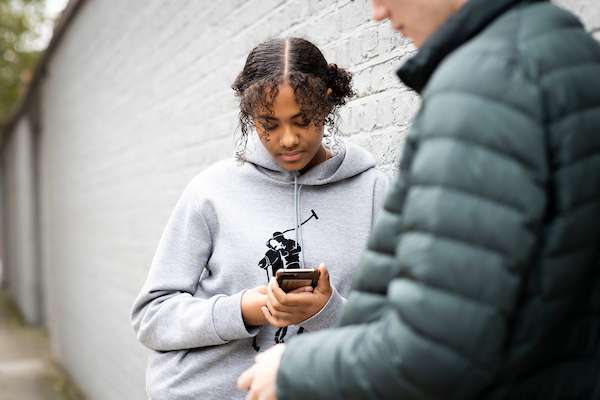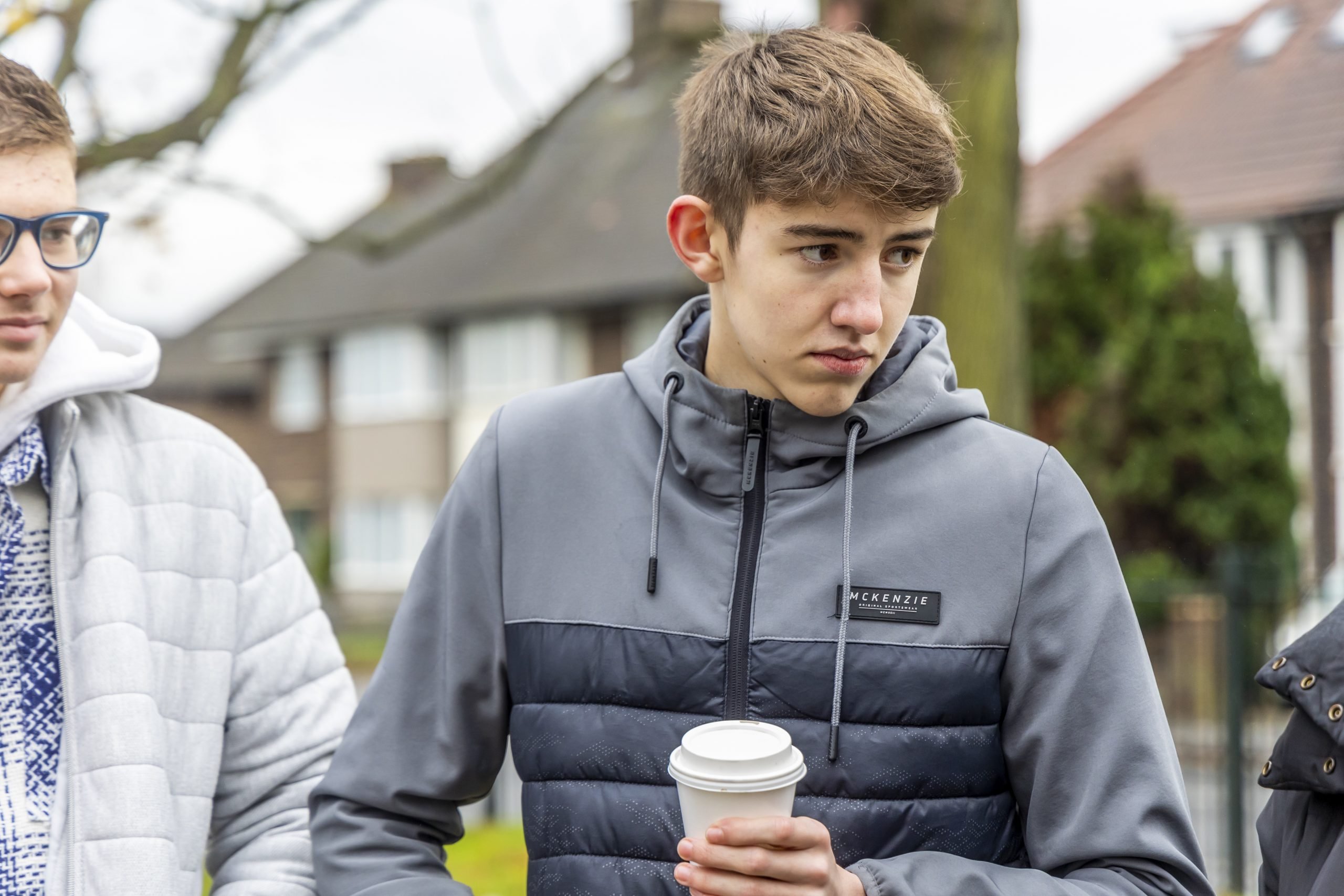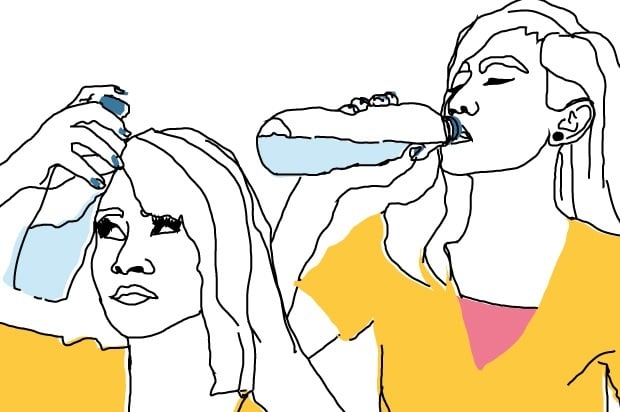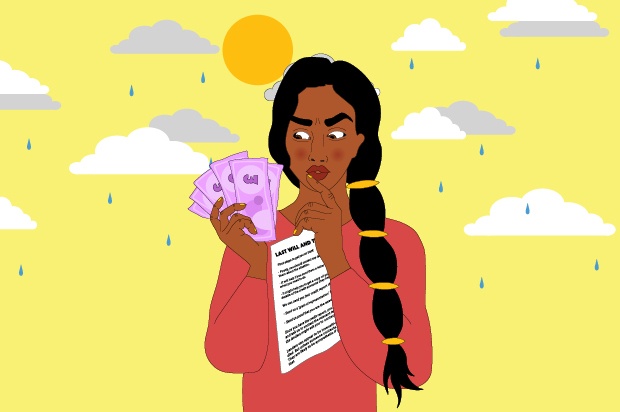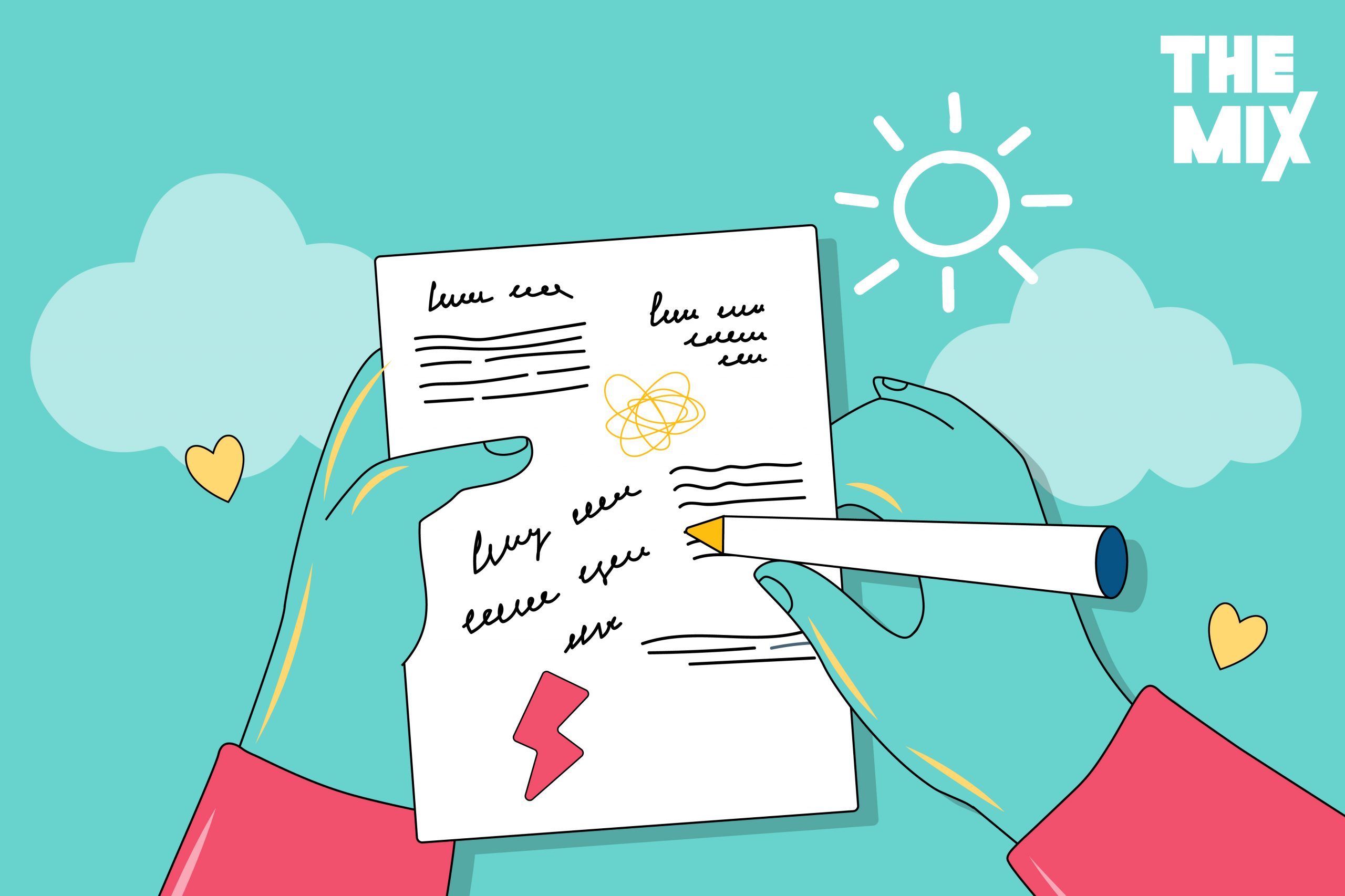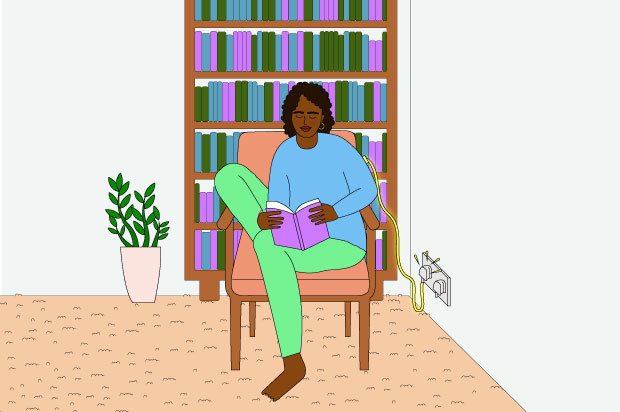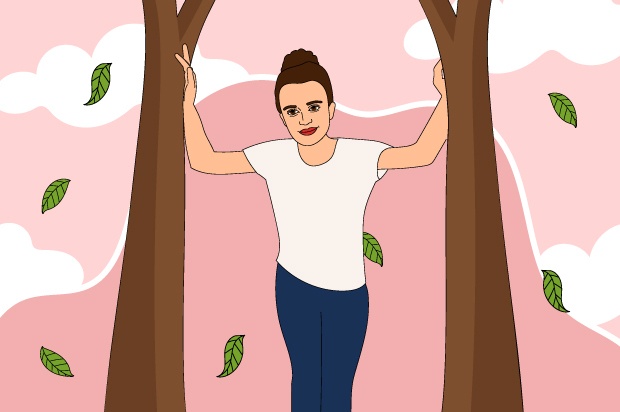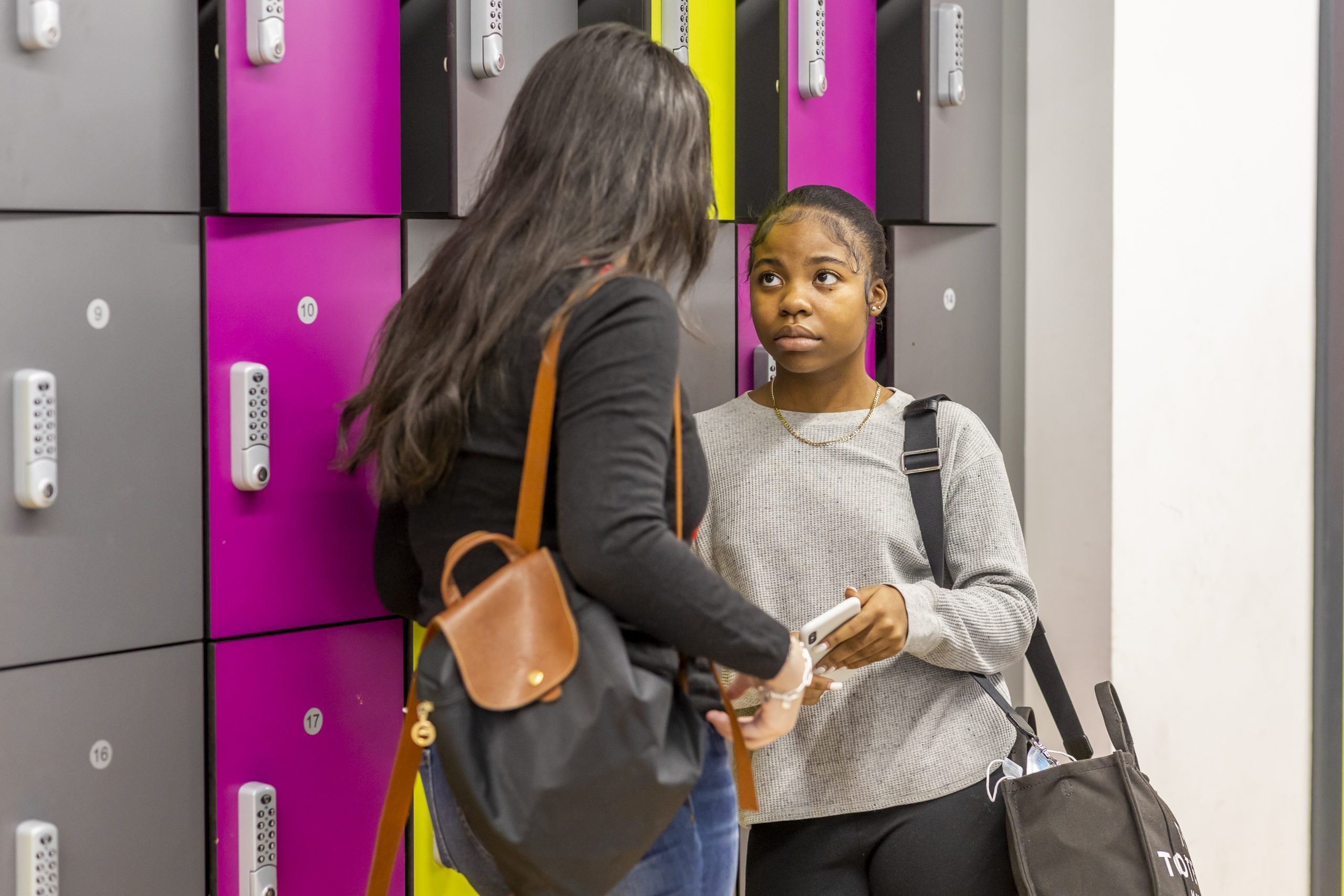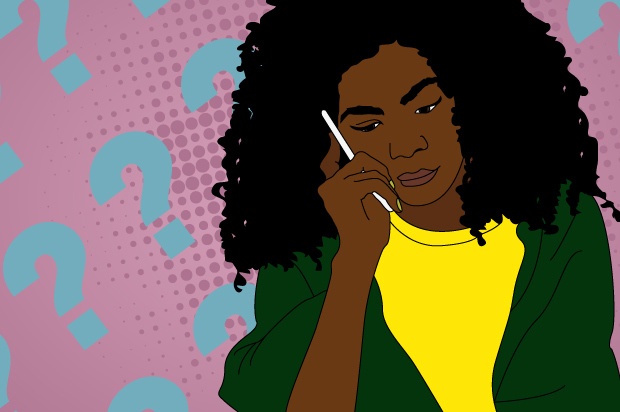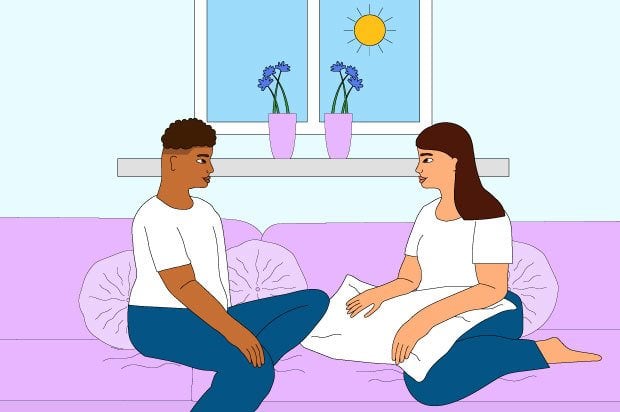Coping with coronavirus
The spread of coronavirus caused a global pandemic that confined many of us to our homes, and turned all of our lives upside down. Although we are no longer in an emergency situation and lockdowns have ended, this doesn’t mean that the impact of this time is over – it can still feel really overwhelming for lots of us. We get that the health crisis has impacted us all differently and that some of us are still dealing with the disruption, anxiety and trauma it caused in many aspects of our lives.
We’ve tried to cover all bases, with support for coping with grief and loneliness, tips for self care and managing your mental health, as well as financial information and tips on work and study. We’ve also got some helpful information about the COVID-19 vaccine and how it works.
You’ll also find plenty of fun ways to escape, unwind and spread good vibes when things get too much.
What is coronavirus?
Coronavirus, or COVID-19, as it’s sometimes also called, is a virus that can affect your lungs and airways. Sometimes, you might hear SARS mentioned in reference to coronavirus. SARS stands for severe acute respiratory syndrome and is used to describe any virus that affects our lungs and how we breathe.
Because it’s a virus, coronavirus can only survive inside the living cells of an organism like an animal, a plant or us. The virus can also mutate, which means there are different strains (or variants) that behave slightly differently. They can sometimes be more infectious.
We know coronavirus spreads through the droplets that people exhale, sneeze and cough – coughs and sneezes mean more droplets and a higher chance of infection. There are no longer any COVID-19 restrictions in the UK and test are no longer free, but you can buy them in chemists. You can find all the most up to date government advice here.
How are you today?
Find out more
What is the COVID-19 vaccine?
What is the covid vaccination and how does it work? We spoke to Professor Helen Fletcher, who is Professor of Immunology at The London School of Hygiene and Tropical Medicine. Watch our video to hear her expert information and advice on how to get vaccinated.
Top articles
Discussions
FAQs
What are the symptoms of COVID-19?
The NHS lists the main symptoms of coronavirus as:
- A high temperature
- Shivering
- A new, continuous cough
- A loss or change to your sense of taste or smell
- Shortness of breath
- Feeling tired or exhausted
- Feeling achey
- Headaches
- A sore throat
- A runny or blocked nose
- Loss of appetite
- Diarrhoea
- Feeling or being sick
If you have any of these symptoms, you can take a rapid flow test to check if you have coronavirus. You are no longer legally required to stay home if you have a positive result, but it is recommended by the NHS to do so.
How do I self-isolate?
Although you can now legally go out if you test positive, it’s still important to self-isolate to protect others from getting the virus and to take care of yourself.
If you’re self-isolating, it is recommended that you avoid leaving your home. If you can, get food and medicine delivered to you and order whatever you can online.
You should do exercise at home as well and you can use your garden if you have one.
How long should I self-isolate for?
You are no longer required to do a lateral flow test, but if you have tested positive for coronavirus, the NHS recommends you stay home for at least three days after the test was taken if you are under 18 and five days if you are over 18 (those under 18 are likely to be infectious for less time).
You can infect those who are more vulnerable to infection (such as those who are immune compromised) for up to 10 days from when your symptoms started.
You can find more information on the NHS website.
What is a rapid lateral flow test?
A rapid lateral flow test is a test for coronavirus which you can do at home yourself. Tests are no longer free as they are no longer a requirement; you will be able to purchase them in most chemists.
The tests are quick and easy to do – you just have to rub a long cotton bud over your tonsils and then inside your nose. You then get the results within a few minutes.
Will the COVID-19 vaccination give me a blood clot?
The risk of this happening is very low. There’s been a huge amount in the news on the association of blood clots with COVID-19 vaccines and in particular, with the Oxford AstraZeneca vaccine. There have been some very rare types of blood clot associated with the Oxford AstraZeneca vaccine, but the number of cases is incredibly small – around two in a million.
People in their 20s and 30s have been identified as being more likely to be at risk and are therefore being offered one of the other vaccines instead. It is definitely worth getting the vaccine, as the risk of getting COVID-19 is much higher than the risk of getting blood clots from the vaccination.
What is the Omicron variant?
In November 2021, a new variant of coronavirus was detected in South Africa and was named Omicron. Omicron has a few different mutations, which means that it behaves differently from other variants we have seen.
Omicron spread much faster than the Delta variant, with a speed comparable to the spread of the original virus in early 2020, before most of us were vaccinated.
Omicron is less likely to cause serious illness such as pneumonia which may require hospital treatment and there’s evidence to suggest that Omicron causes less people to lose their sense of taste and smell.
Can you still get the covid vaccination?
You can no longer book a COVID-19 vaccination through the main NHS website.
If you think you need a vaccination, or a booster, you may be able to book one with a local NHS vaccination service, or you can find a COVID-19 vaccination walk-in site.


